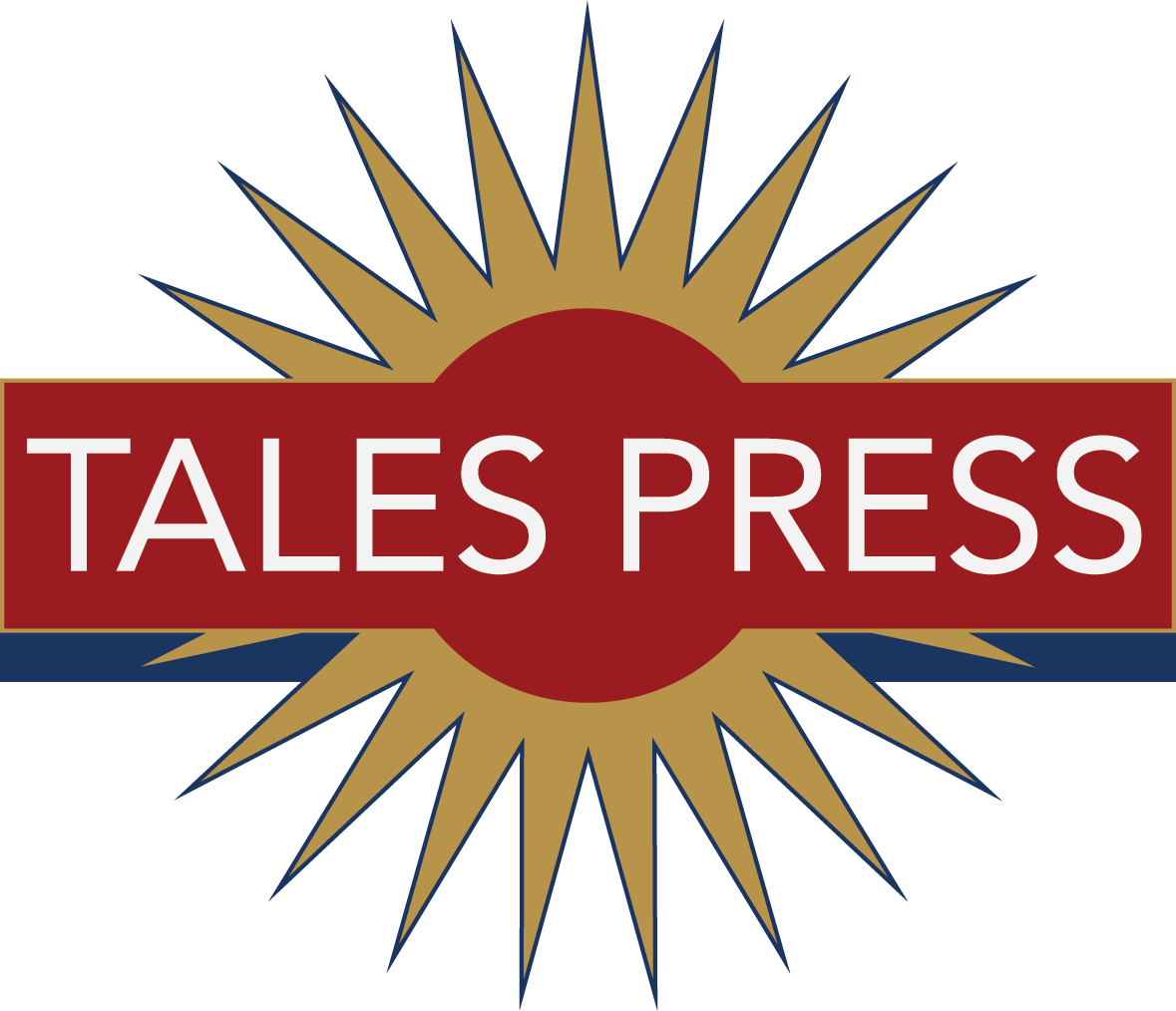Good Morning: But the Nightmares Never End
By Charlie Dukes
"Good Morning" is one combat soldier's experience as an infantryman on the front lines of World War II Europe, as a prisoner of war in a German work camp and as a displaced, disillusioned veteran shortly after the war's end.
$21.95
"A courageous personal account of the horrors endured by American Prisoners of War at the hands of German and Soviet captors. A story that clearly confirms that our Soviet 'allies' sent thousands of American POWs to slave labor camps at the end of WWII."
— Sam Cretaro, Heart of Illinois POW/MIA Association
About the Author
Charlie Dukes
Charlie Dukes (Co. L, 413th Inf., 104th Timberwolf Div.) was one of the last documented World War II prisoners of war (POW) to be repatriated at the end of the war. He reached Allied lines at the Elbe river on May 27, 1945, some 20 days after the end of the war and after escaping from a Russian-controlled camp at Luckenwalde, Germany. After his discharge from the Army, Dukes finished college and married his college sweetheart, Gracie Schwab, and helped raise their family of two boys and two girls in his native Georgetown, Ill. Emphasizing freedom and self-discipline, he spoke in classrooms about his experiences, beliefs and convictions, cautioning young people to guard their freedom zealously.
Read an Excerpt
This was one of the sites for the exchange of prisoners—on Russian terms. An American truck would pull up on the far side of the river and discharge its cargo of Russian prisoners repatriated by the Allies. As one Russian would start walking across the bridge, one Allied soldier would be allowed to start from this side, the two passing in the center. It was a slow, agonizing process that had been going on every day since the declared end of hostilities and was just like the rumors I'd heard in Luckenwalde. ...
... The Bailey bridge was constructed primarily for the crossing of tanks and trucks. It consisted of two narrow steel treads about 18 inches wide, attached to floating rubber pontoons for buoyancy in the swift river. The bridge swayed a bit with the rush of the current. With no railings or supports of any kind, the bridge presented quite a challenge to the one navigating it on foot. This was especially true for this old infantryman. I was so excited and yet so physically exhausted that I fell to my knees several times and had to crawl a few feet before I was able to regain my footing.
I would have crawled on my hands and knees if I would've had to, but somehow, I found that last bit of strength to proudly walk to Freedom.

